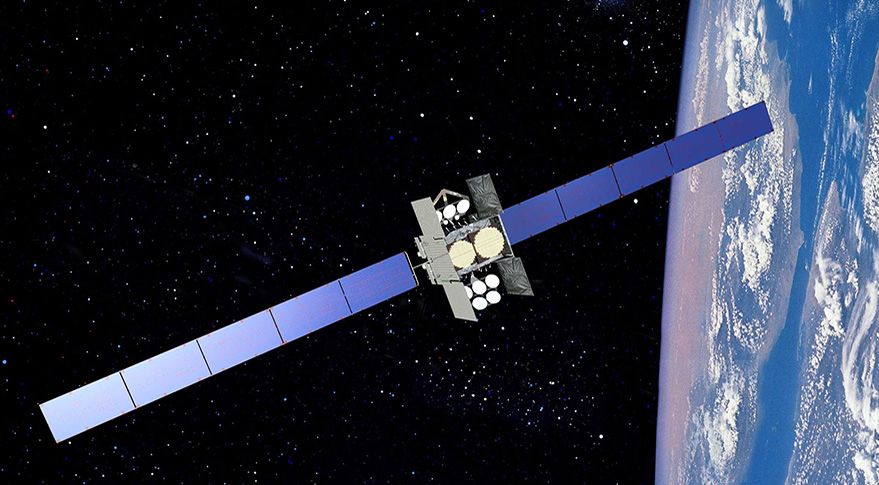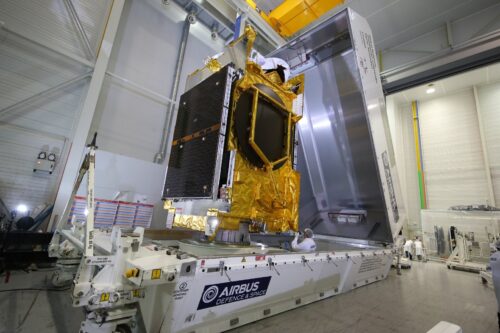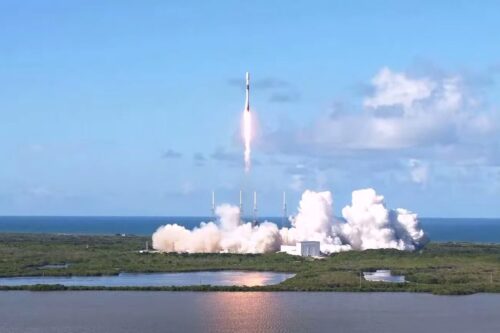
Back to selection
GEO Satellite
ANASIS-2 (KMilSatCom-1, Koreasat-116) GEO
succesfull

Active
Launch date
20 July 2020
Country

Purpose
Military & Intelligence
Position
116.2° East
Manufacturer
Operator
Korean Agency for Defense Development (ADD)
Launch operator
Launch vehicle
Falcon 9
Expected lifetime
15 Years

ANASIS‑2 (KMilSatCom‑1): South Korea’s First Military-Grade Satellite
Overview & Purpose
ANASIS‑2—short for Army Navy Air Force Satellite Information System 2—is South Korea’s first dedicated military communications satellite, operated by the Agency for Defense Development (ADD). It supports secure, high-capacity communications for the Army, Navy, and Air Force, strengthening national defense and ensuring independence from commercial satellites.
Satellite Specifications
- Bus Platform: Airbus Defense & Space Eurostar E3000
- Launch Mass: Estimated between 4,500 kg and 6,500kgs
- Power: ~15 kW
- Design Life: 15 years
- Orbital Slot: Geostationary at 116.2° East longitude
Launch Details
- Launch Date: July 20, 2020, at 21:30 UTC
- Launch Vehicle: SpaceX Falcon 9 Block 5 (booster B1058‑2) from Cape Canaveral SLC‑40
- Milestones:
- First stage landed successfully on the drone ship Just Read the Instructions
- Both fairing halves were recovered—first time ever using Ms. Tree and Ms. Chief ships.
Operational Timeline & Background
- Developed as part of a defense offset agreement tied to South Korea’s 2014 purchase of 40 F‑35A fighter jets from Lockheed Martin.
- Manufactured by Airbus under subcontract to Lockheed Martin.
- Reached its geostationary position in October 2020, with full operational control following completion of the ground segment infrastructure.
- Replaced the dual-use ANASIS‑I/Koreasat‑5 satellite from 2006.
Strategic Impact
- Enables secure, sovereign military communications for tactical and strategic operations across South Korea and nearby regions.
- South Korea joined an elite group of nations (~10 worldwide) possessing a dedicated military satellite in geostationary orbit.
- Foundation for a planned constellation of military satellites, furthering resilience and national security capabilities.
GEO Satellite
ANASIS-2 (KMilSatCom-1, Koreasat-116)
succesfull
GEO Satellite
ANASIS-2 (KMilSatCom-1, Koreasat-116)
succesfull
GEO Satellite
ANASIS-2 (KMilSatCom-1, Koreasat-116)
succesfull

